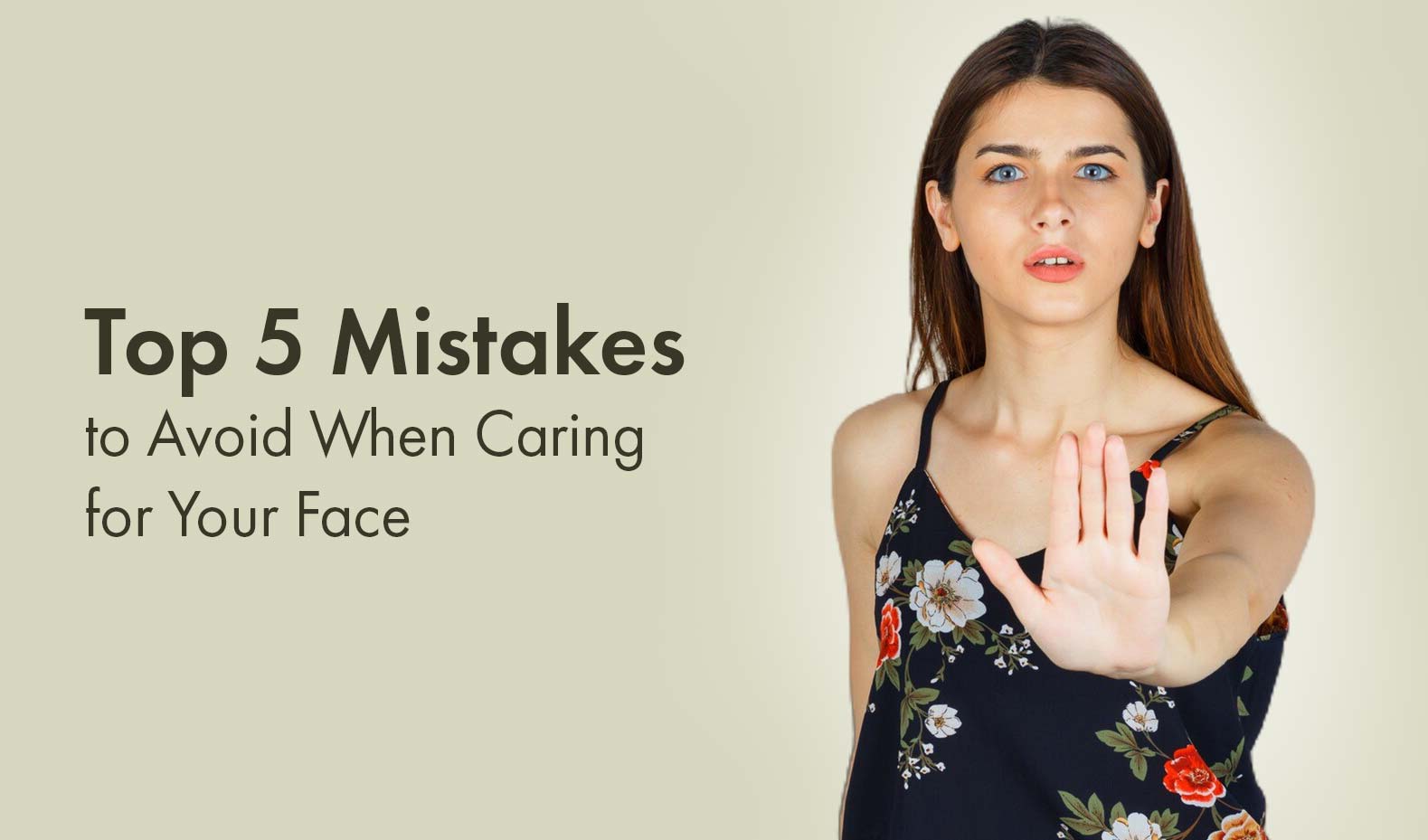Dealing with Adult Acne: Why It Happens and How to Treat It
Acne is often associated with the turbulent teenage years, but many adults know all too well that breakouts don’t always end with adolescence. Adult acne is a common and often distressing condition that can affect individuals well into their 30s, 40s, and even beyond. Understanding why adult acne occurs and how to effectively treat it is crucial for managing this persistent skin issue. This blog delves into the causes of adult acne and offers comprehensive strategies for treating and preventing it.
Understanding Adult Acne: The Causes
Hormonal Fluctuations
One of the primary culprits behind adult acne is hormonal fluctuations. These fluctuations can be triggered by various factors including menstrual cycles, pregnancy, menopause, and conditions such as polycystic ovary syndrome (PCOS). Hormones like androgens can increase sebum production, leading to clogged pores and acne.
Stress
In today's fast-paced world, stress is an almost unavoidable aspect of life. Chronic stress can exacerbate acne by causing the body to produce more cortisol, a hormone that can stimulate the sebaceous glands and lead to increased oil production. This excess oil can clog pores and create an environment conducive to acne.
Diet
There is a growing body of evidence suggesting that diet plays a significant role in adult acne. Foods with a high glycemic index, such as sugary snacks and refined carbohydrates, can spike blood sugar levels, leading to increased insulin production. High insulin levels can boost the activity of oil-producing glands, resulting in acne. Additionally, dairy products have been linked to acne, possibly due to the presence of hormones and bioactive molecules in milk.
Skincare Products and Cosmetics
Not all skincare products and cosmetics are created equal. Some may contain ingredients that are comedogenic, meaning they can clog pores and lead to breakouts. Heavy, greasy products, as well as those containing alcohol or certain fragrances, can irritate the skin and exacerbate acne.
Genetics
Your genetic makeup can also influence your susceptibility to adult acne. If you have a family history of acne, you might be more prone to developing it yourself. Genetic factors can affect how your body responds to hormones, how much oil your skin produces, and how your skin reacts to inflammation.
Medications
Certain medications, such as corticosteroids, lithium, and some oral contraceptives, can contribute to the development of acne. If you suspect that a medication is affecting your skin, it’s important to discuss this with your healthcare provider.
Effective Treatments for Adult Acne
Topical Treatments
Retinoids
Topical retinoids, derived from vitamin A, are widely used to treat acne. They work by promoting cell turnover and preventing the formation of clogged pores. Retinoids can also reduce inflammation, making them effective for treating both comedonal and inflammatory acne. Popular retinoids include tretinoin, adapalene, and tazarotene.
Benzoyl Peroxide
Benzoyl peroxide is a powerful antibacterial agent that targets the acne-causing bacteria Propionibacterium acnes (P. acnes). It also helps to reduce oil production and remove dead skin cells, preventing clogged pores. Benzoyl peroxide is available in various concentrations and can be found in both over-the-counter and prescription formulations.
Salicylic Acid
Salicylic acid is a beta hydroxy acid (BHA) that helps exfoliate the skin and unclog pores. It is particularly effective for treating blackheads and whiteheads. Salicylic acid can penetrate deep into the pores, dissolving the buildup of dead skin cells and oil.
Oral Medications
Antibiotics
For moderate to severe acne, oral antibiotics may be prescribed to reduce the population of P. acnes bacteria and decrease inflammation. Commonly used antibiotics include doxycycline, minocycline, and tetracycline. However, long-term use of antibiotics is not recommended due to the risk of antibiotic resistance.
Hormonal Treatments
For women, hormonal treatments such as oral contraceptives or anti-androgen medications like spironolactone can be effective in controlling acne. These treatments work by regulating hormone levels and reducing oil production.
Lifestyle and Home Remedies
Diet and Nutrition
Adopting a healthy diet can have a positive impact on your skin. Focus on consuming low-glycemic foods, such as whole grains, vegetables, and legumes, which help maintain stable blood sugar levels. Incorporating omega-3 fatty acids found in fish, flaxseeds, and walnuts can also reduce inflammation. Additionally, consider reducing your intake of dairy products if you notice a correlation between your consumption and acne flare-ups.
Skincare Routine
Establishing a consistent skincare routine tailored to your skin type is essential. Use gentle, non-comedogenic products to cleanse, moisturize, and protect your skin. Look for ingredients like hyaluronic acid for hydration, niacinamide for its anti-inflammatory properties, and sunscreen to protect against UV damage, which can exacerbate acne.
Stress Management
Managing stress effectively can help prevent acne flare-ups. Engage in activities that promote relaxation and well-being, such as yoga, meditation, or regular exercise. Ensuring you get enough sleep and maintaining a balanced work-life routine can also significantly reduce stress levels.
Prevention Tips
Preventing adult acne involves a combination of lifestyle adjustments and proper skincare. Here are some tips to help keep your skin clear:
- Cleanse Your Face Twice Daily: Use a gentle cleanser to remove dirt, oil, and makeup.
- Avoid Picking or Squeezing Pimples: This can lead to scarring and further inflammation.
- Choose Non-Comedogenic Products: Ensure your skincare and makeup products won’t clog your pores.
- Stay Hydrated: Drink plenty of water to keep your skin hydrated and flush out toxins.
- Keep Hair Clean and Off Your Face: Oils and hair products can contribute to acne.
- Wash Pillowcases and Towels Regularly: This helps to avoid the buildup of bacteria and oils that can transfer to your skin.
Conclusion
Dealing with adult acne can be a frustrating and often emotional journey. However, understanding the underlying causes and exploring effective treatments can empower you to manage and reduce breakouts. By adopting a holistic approach that includes appropriate skincare, dietary adjustments, stress management, and possibly medical treatments, you can achieve clearer, healthier skin. Remember, it’s important to be patient and consistent with your routine, as treating acne takes time and dedication. Consult with a dermatologist to tailor a treatment plan that suits your specific needs and skin type. With the right approach, you can take control of your skin and regain confidence.



